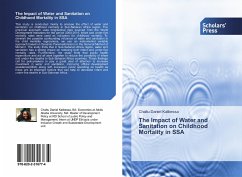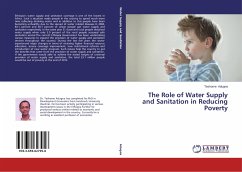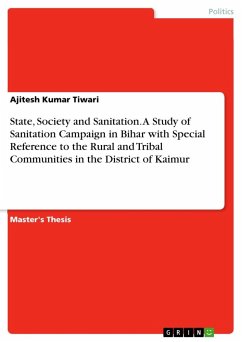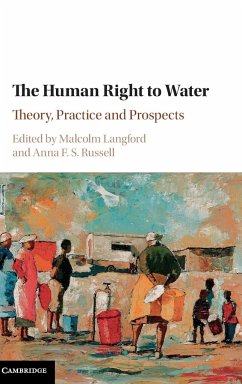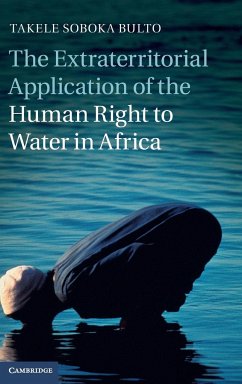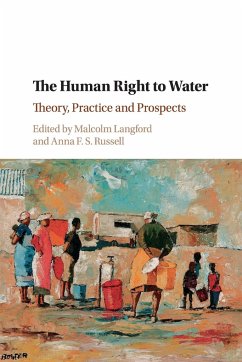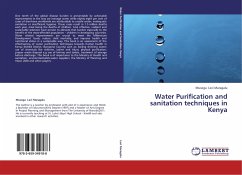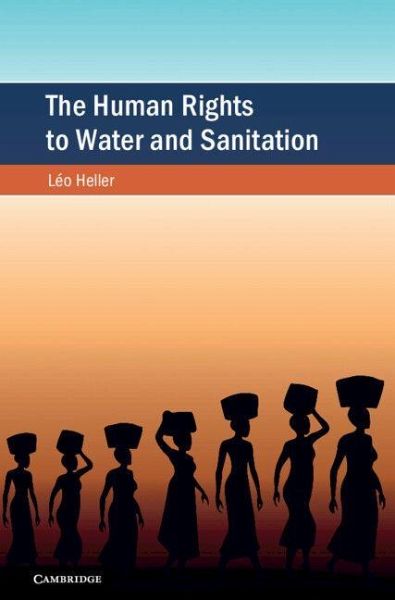
The Human Rights to Water and Sanitation
Versandkostenfrei!
Versandfertig in 1-2 Wochen
128,99 €
inkl. MwSt.
Weitere Ausgaben:

PAYBACK Punkte
64 °P sammeln!
This analysis of the human rights to safe drinking water and sanitation (HRtWS) uncovers why some groups around the world are still excluded from these rights. Léo Heller, former United Nations Special Rapporteur on the human rights to water and sanitation, draws on his own research in nine countries and reviews the theoretical, legal, and political issues involved. The first part presents the origins of the HRtWS, their legal and normative meanings and the debates surrounding them. Part II discusses the drivers, mainly external to the water and sanitation sector, that shape public policies ...
This analysis of the human rights to safe drinking water and sanitation (HRtWS) uncovers why some groups around the world are still excluded from these rights. Léo Heller, former United Nations Special Rapporteur on the human rights to water and sanitation, draws on his own research in nine countries and reviews the theoretical, legal, and political issues involved. The first part presents the origins of the HRtWS, their legal and normative meanings and the debates surrounding them. Part II discusses the drivers, mainly external to the water and sanitation sector, that shape public policies and explain why individuals and groups are included in or excluded from access to services. In Part III, public policies guided by the realization of HRtWS are addressed. Part IV highlights populations and spheres of living that have been particularly neglected in efforts to promote access to services.





